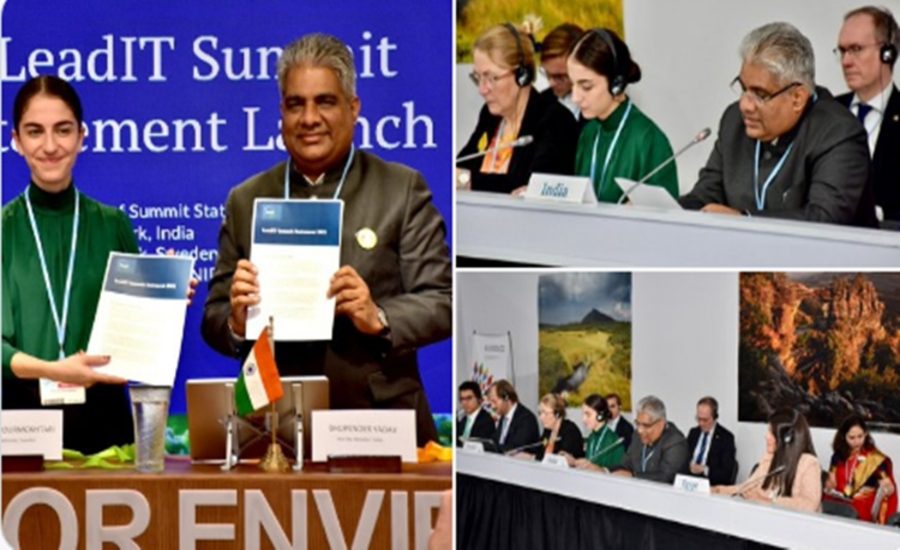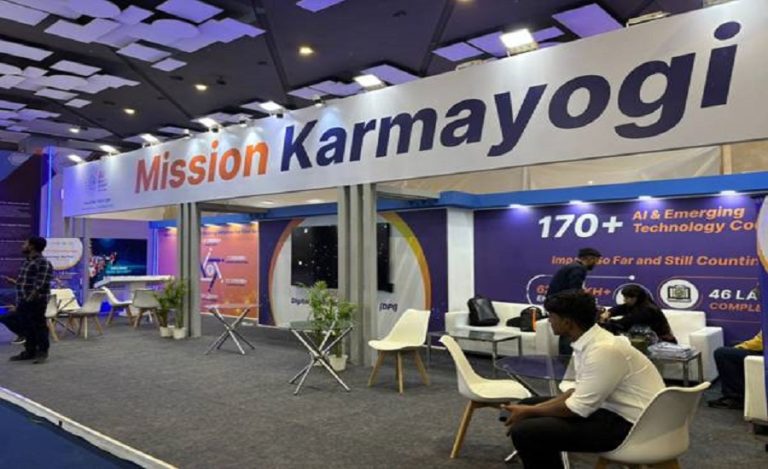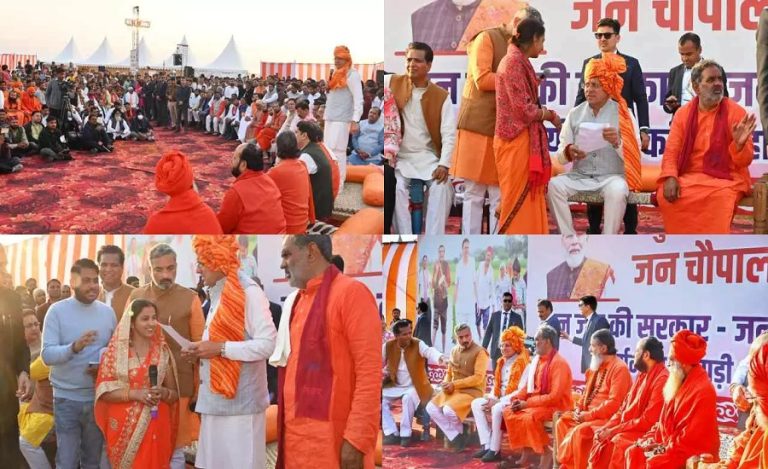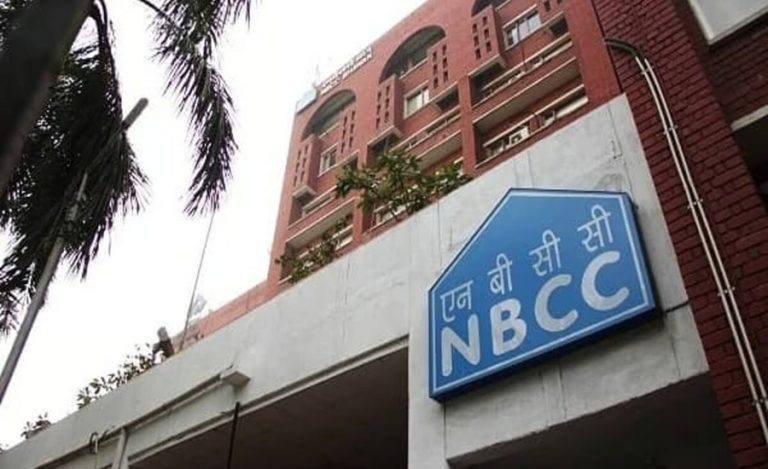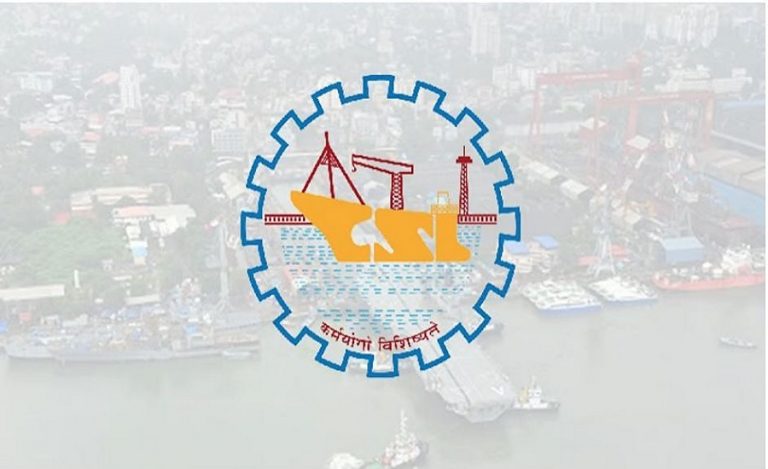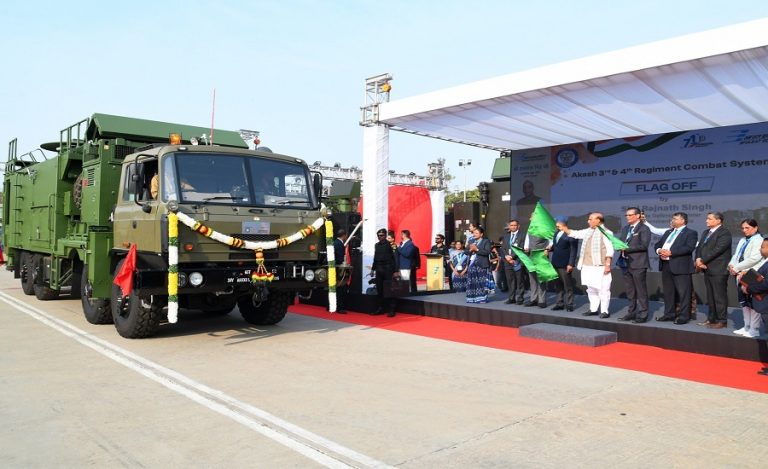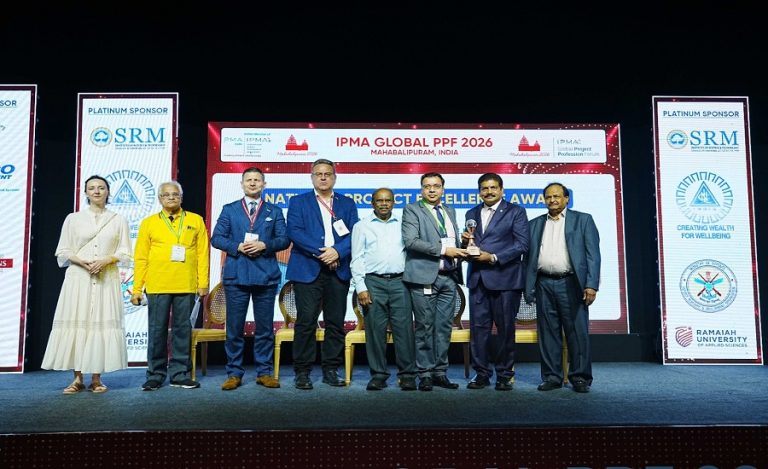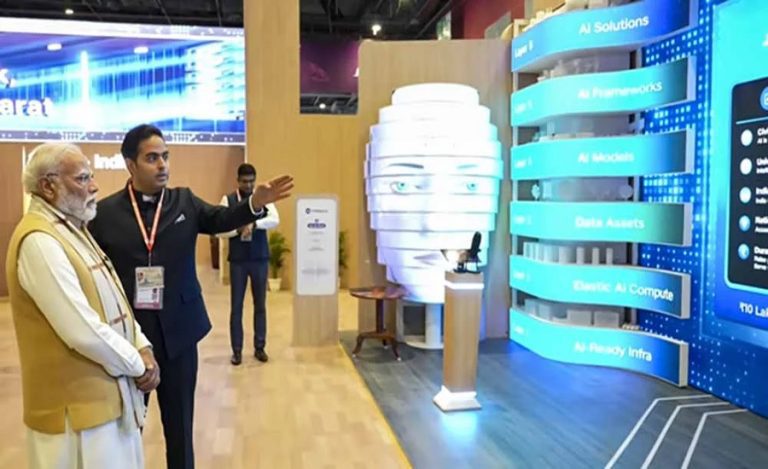New Delhi: In a significant step toward promoting sustainable industrial development, the Standing Conference of Public Enterprises (SCOPE), in collaboration with the Ministry of Environment, Forest and Climate Change (MoEFCC) and GIZ, Germany, organised an outreach workshop on the Leadership Group for Industry Transition (LeadIT) — a global initiative aimed at decarbonising the heavy-industry sector.
LeadIT India industrial decarbonisation: Focus on International Collaboration for a Low-Carbon Future
The workshop brought together senior government officials, industry leaders, and international representatives from Sweden and Germany to explore opportunities for:
- Cross-border collaboration
- Innovative low-emission technologies
- Financial mechanisms for industrial transition
The event was attended by over 40 participants from nearly 20 public and private organisations, underscoring growing interest in sustainable industrial practices.
LeadIT India industrial decarbonisation: Key Dignitaries and Speakers
The outreach workshop was addressed by a distinguished panel of experts and officials, including:
- Atul Sobti, Director General, SCOPE
- Shantanu Roy, CMD, BEML and Member, SCOPE Executive Board
- Tajender Gupta, Director (Power), BHEL
- Ruchika Drall, Deputy Secretary (Climate Change), MoEFCC
- Cecilia Tall, Counsellor, Innovation & Science, Embassy of Sweden in India
- Sebastian Borchmeyer, First Secretary, German Embassy in India
- Dr. Alexander Fisher, Project Lead, International Climate Initiative (IKI), GIZ
Their remarks focused on the urgency of transitioning heavy industries to low-emission pathways, the role of policy frameworks, and the need for public-private collaboration.
About LeadIT: A Global Industrial Climate Initiative
The Leadership Group for Industry Transition (LeadIT) was launched at the UN Climate Action Summit in 2019, with support from the World Economic Forum.
Read also: “Lazy, Sleepy, Yet Determined”: Minnu P M’s Honest Take on Cracking UPSC
It aims to build synergies between countries and companies to achieve net-zero carbon emissions in heavy industry by 2050.
India’s participation in LeadIT reflects its commitment to:
- Industrial decarbonisation
- Innovation-driven green growth
- Climate-resilient development aligned with global climate targets
LeadIT India industrial decarbonisation: Industry’s Role in Achieving Climate Goals
Heavy industries like steel, cement, aluminium, and chemicals are among the highest emitters of greenhouse gases. The workshop highlighted that transitioning these sectors requires:
- Policy support
- Access to green finance
- Technology co-development
- Capacity building and workforce reskilling
Stakeholders also discussed the importance of integrating ESG (Environmental, Social, and Governance) principles into industrial operations and supply chains.
Conclusion
The SCOPE-MoEFCC-GIZ workshop marked a significant effort in aligning India’s industrial growth with climate action. By leveraging the LeadIT platform, India seeks to strengthen global cooperation, spur industrial innovation, and position its public enterprises as leaders in the global low-carbon transition.

